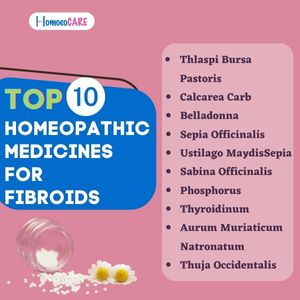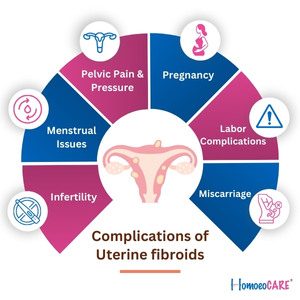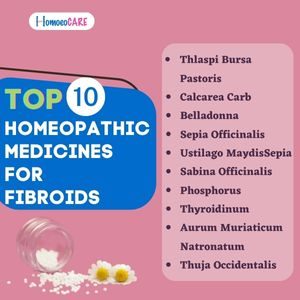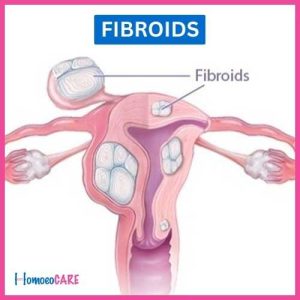Uterine fibroids, also known as myomas, are benign growths that form in or around the uterus from its muscular tissue. These growths can vary widely in size, from barely detectable to as large as a melon. Often asymptomatic and requiring no immediate intervention, fibroids may still cause symptoms depending on their size, number, and location.
While many women with fibroids experience no symptoms, others may notice the following:
In rare cases, fibroids can contribute to infertility and may complicate pregnancy and labor.
The exact cause of uterine fibroids remains unclear, though they are closely associated with the hormone estrogen. Fibroids typically grow during a woman’s reproductive years and tend to shrink after menopause, when estrogen levels naturally decline.
While generally benign, uterine fibroids may cause complications that affect reproductive and overall health, such as:
Modern medical treatments include surgical options like myomectomy (removal of fibroids) or hysterectomy (removal of the uterus), each carrying its own risks. Many women seek alternatives such as homeopathic treatments, which aim to address fibroids more holistically.

Homeopathy offers a gentle, natural approach to fibroid treatment. The following remedies are often used:
HomoeoCARE focuses on addressing fibroid-related issues like conception difficulties and excessive bleeding through natural, non-invasive treatments. HomoeoCARE’s holistic approach aims to treat the underlying factors and create a supportive environment for health and fertility.
One example involves a woman with multiple fibroids, including one measuring 75x57x53mm. After less than a year of treatment at HomoeoCARE, the largest fibroid shrank, and her uterus size decreased significantly. This case reflects the clinic’s success in providing non-surgical solutions for uterine fibroids.
For personalized care in managing fibroids and overall well-being, visit HomoeoCARE for women’s health solutions that support balance and healing.


